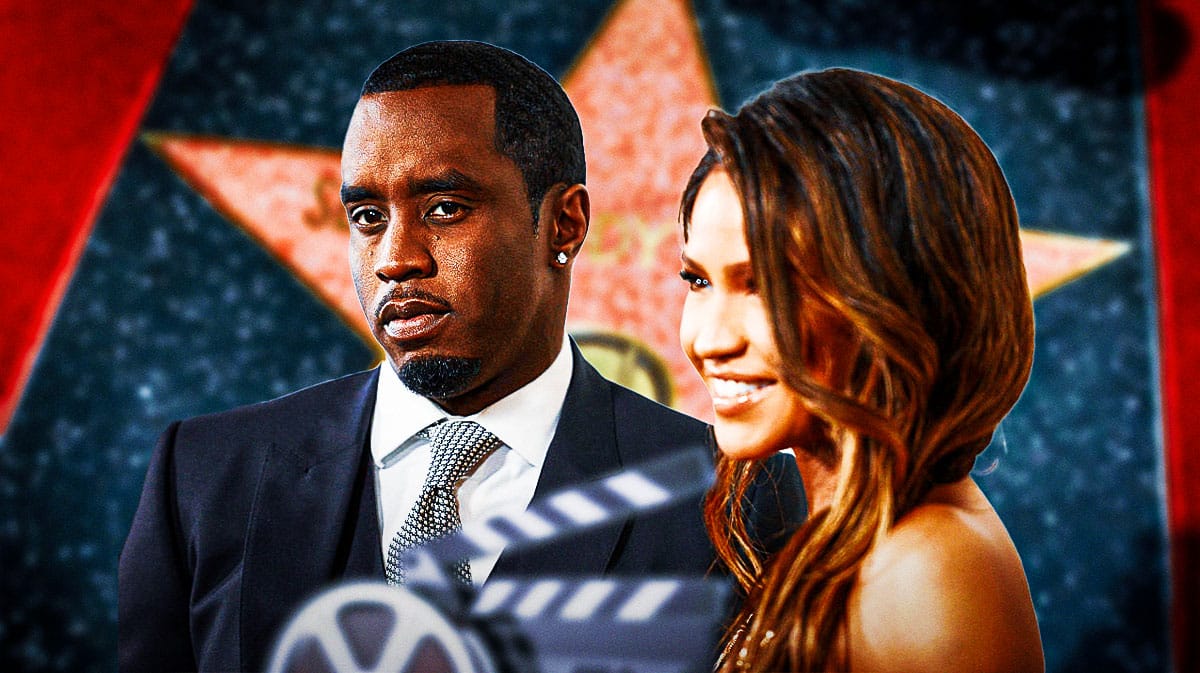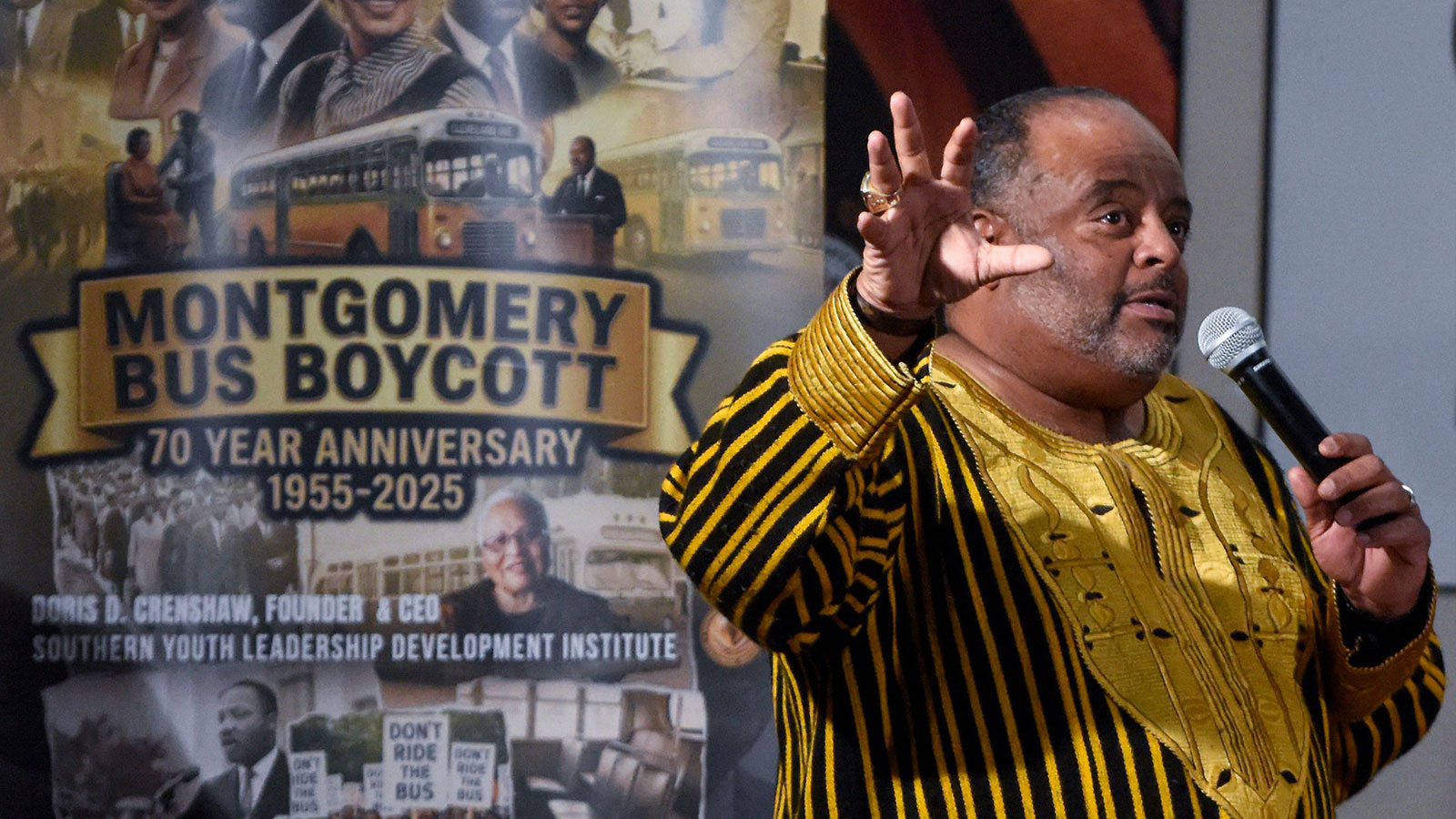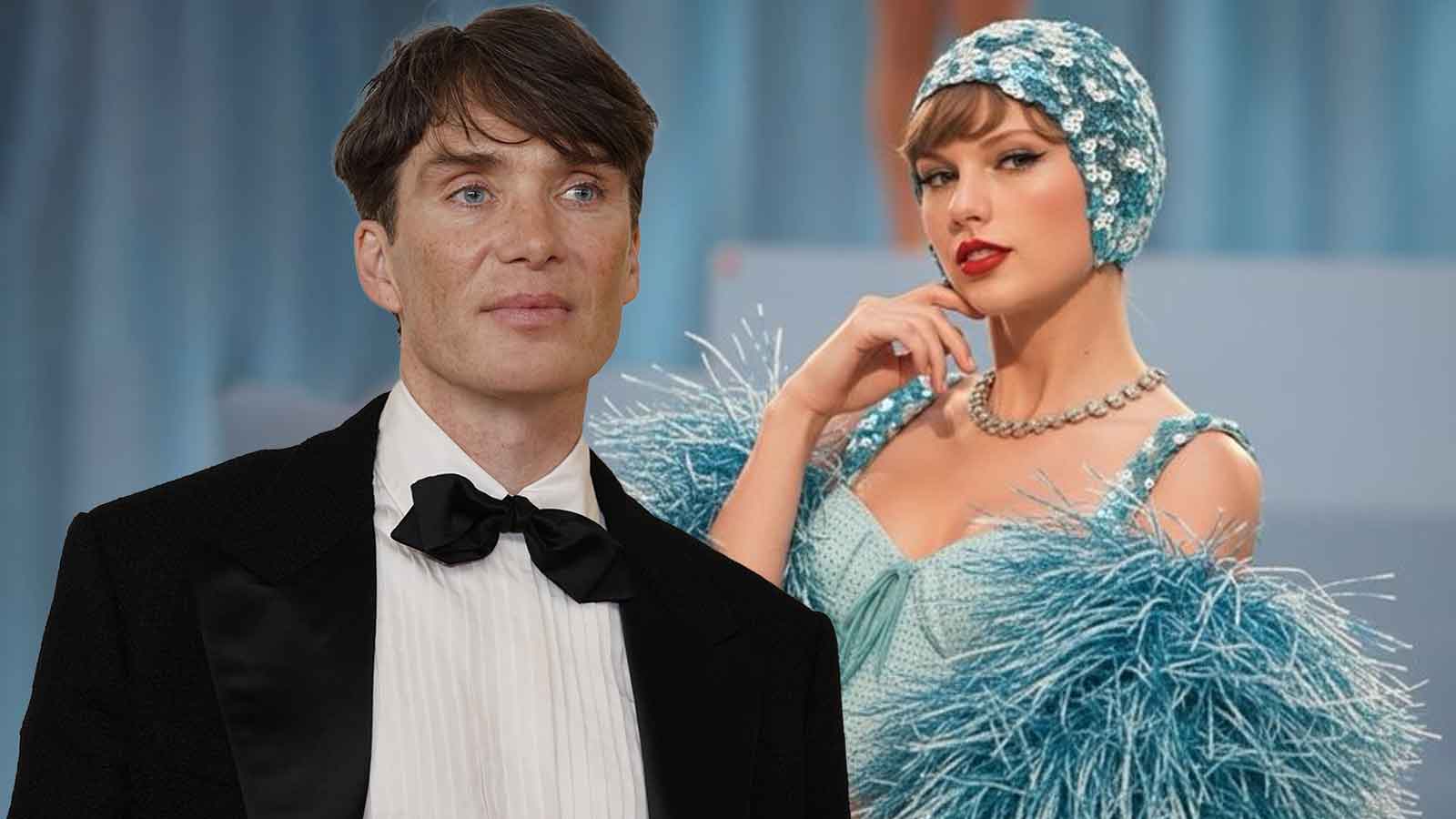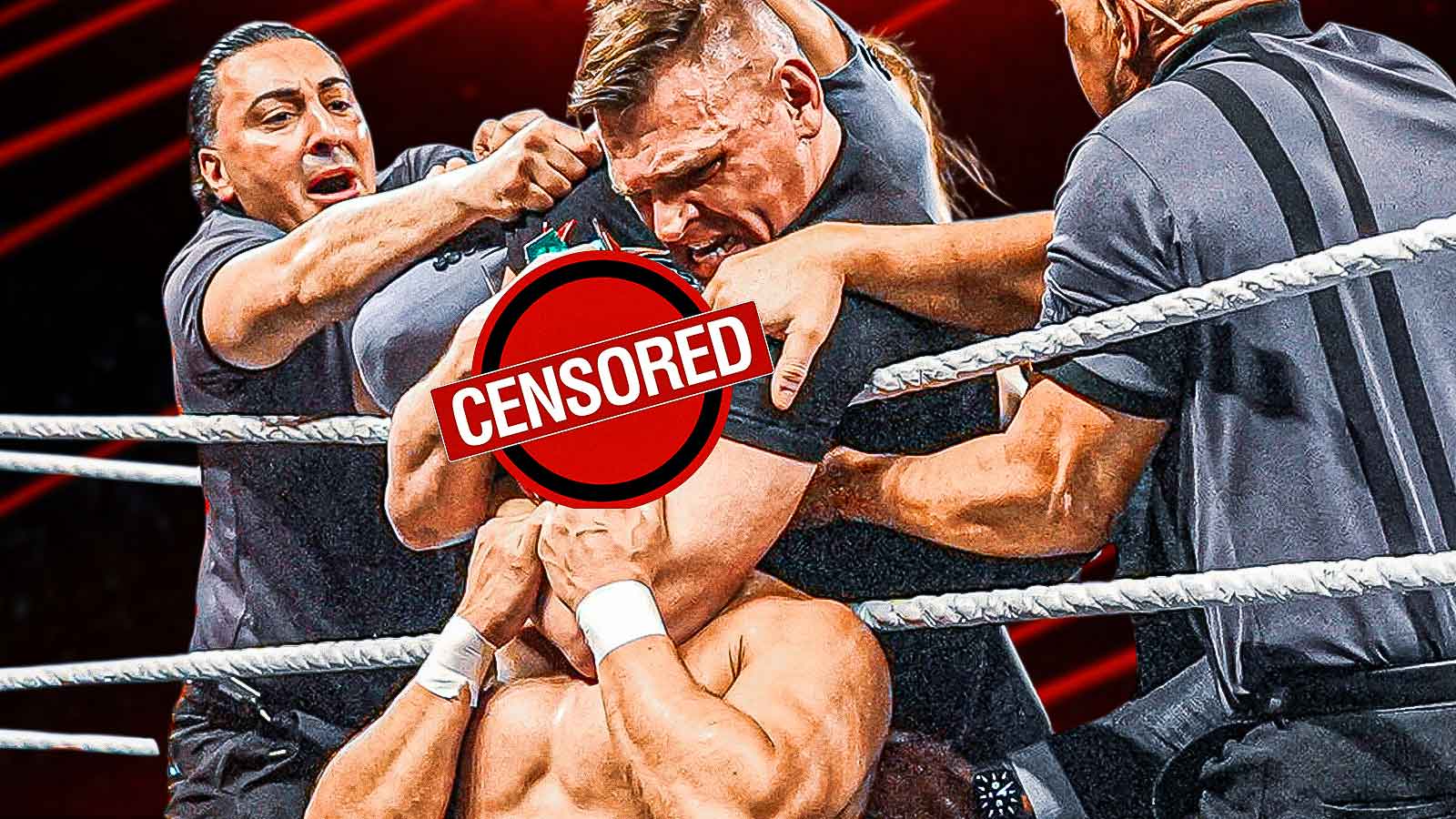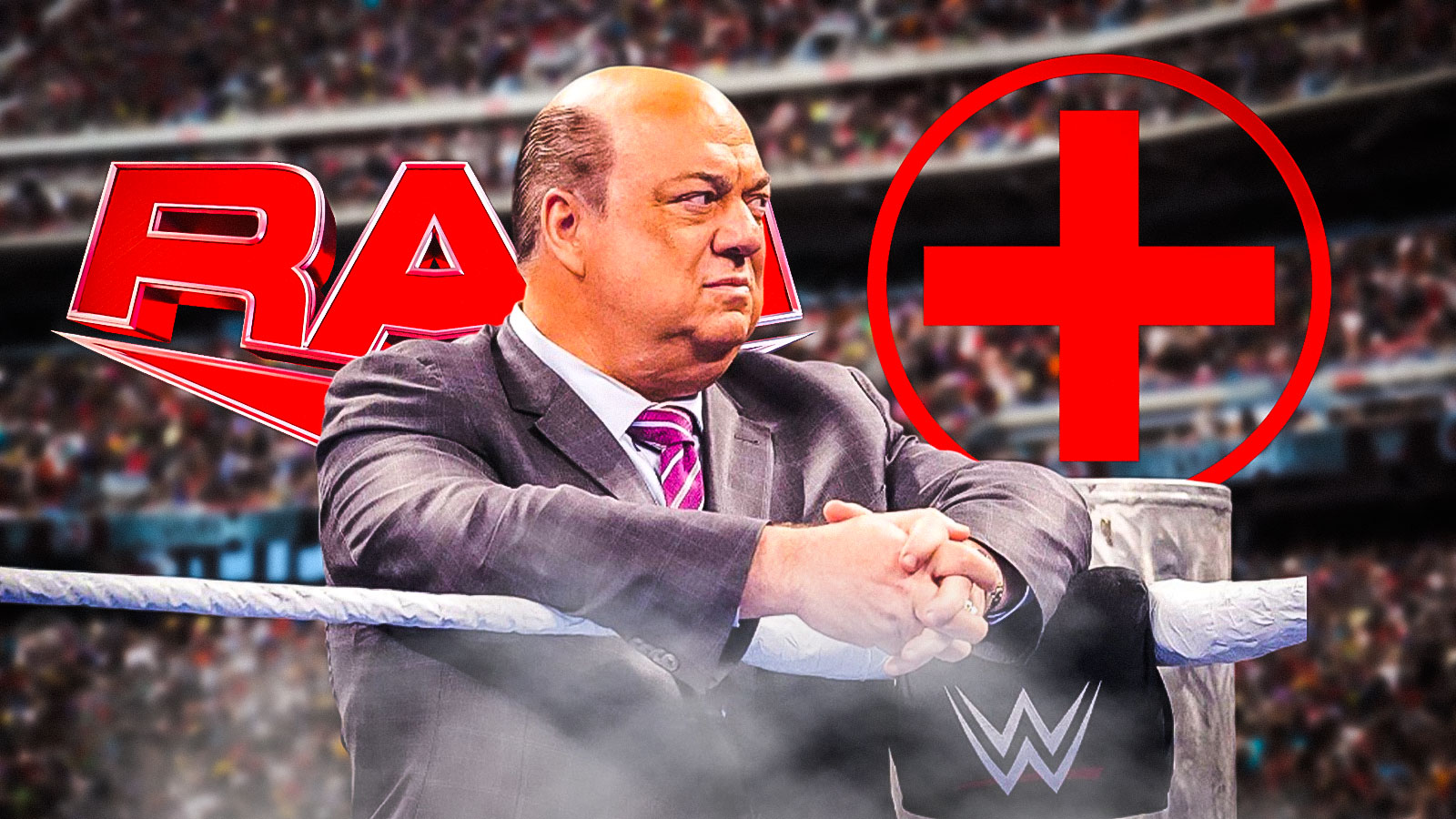As embattled rapper and entertainment mogul Sean ‘Diddy’ Combs faces a slew of abuse allegations, calls for his star on the Hollywood Walk of Fame to be removed have surged, TMZ reports. The crux of the controversy lies in who holds the power to make such a decision and the implications of this authority. The Hollywood Chamber of Commerce, which oversees the Walk of Fame, can nominate, manufacture, and install stars. They also conduct star induction ceremonies, but their role stops short of removing stars.
A spokesperson for the Chamber of Commerce told TMZ that they lack the authority to remove anyone’s star. They emphasized that the matter has not been discussed within the organization. Combs, who received his star in 2008, is currently embroiled in at least seven civil lawsuits alleging misconduct, alongside a federal investigation.
Calls for the removal of his star have intensified following the release of shocking surveillance footage showing Diddy violently assaulting his then-girlfriend, Cassie Ventura, in 2016. Although Diddy later apologized, claiming he had “hit rock bottom” at the time, critics have labeled his apology as hollow and insufficient. Despite these growing calls, the Chamber’s stance remains clear—they do not have the power to remove stars.
The Broader Implications and Public Reaction
Earl Ofari Hutchinson, President of the Los Angeles Urban Policy Roundtable, issued a statement urging the Chamber to publicly denounce Diddy’s star. Hutchinson highlighted that Diddy’s violent actions tarnish the honor associated with a star on the Walk of Fame. “Diddy’s heinous violence against women horribly mocks that praise and places an ugly taint on his Walk of Fame star,” Hutchinson’s statement read. He argued that the Chamber could restore its reputation by publicly repudiating Diddy and disassociating from his star.
However, the issue extends beyond Diddy. Other controversial figures, such as Bill Cosby and Donald Trump, have faced similar calls for the removal of their stars, yet no stars have been removed. This reluctance to remove stars highlights a broader societal challenge—separating an individual’s contributions to culture from their personal misconduct.
Despite the serious allegations and evidence against Diddy, erasing his legacy proves complex. The public's tolerance for problematic behavior from influential figures remains high, as evidenced by continued support for artists like Drake, who has faced pedophilia allegations yet remains widely celebrated. This trend suggests a reluctance to tarnish the names of those who have significantly shaped the cultural landscape.
Diddy’s situation exemplifies this dilemma. While his contributions to music and entertainment are undeniable, his dark past now overshadows his positive achievements. The controversy surrounding his star on the Walk of Fame underscores a critical conversation about accountability and the impact of celebrity misconduct on their legacies.
As the debate continues, it becomes evident that the process of addressing such issues involves more than just administrative actions. It requires a cultural shift in how society reconciles an individual’s artistic contributions with their personal actions. Until such a shift occurs, figures like Diddy will continue to stir controversy, with their legacies remaining as complex as their personal histories.

